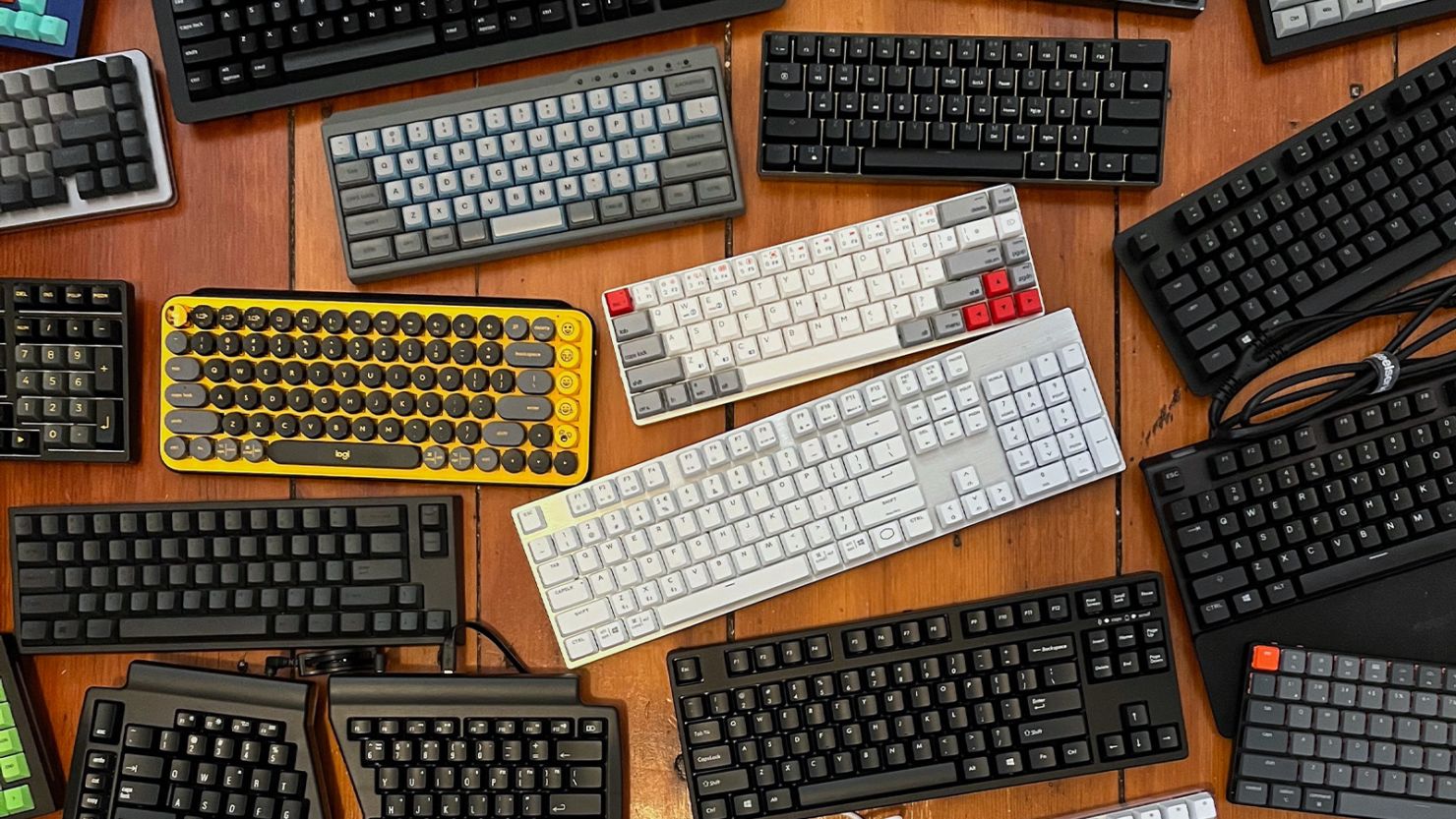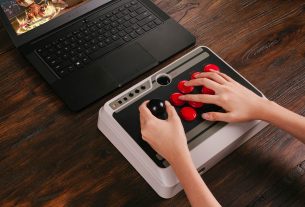In recent times, the surge in popularity of mechanical keyboards has been evident across diverse user groups, encompassing gamers, typists, and even those who casually use computers. Renowned for their robustness, responsiveness, and customizable features, these keyboards, however, do come with a steeper price point and a more audible typing experience compared to conventional membrane keyboards. So, this article aims to explore the drawbacks and benefits of using a mechanical keyboard, empowering you to make an informed decision about whether it aligns with your preferences.
Whether you identify as a devoted gamer in search of the ultimate gaming configuration or someone seeking a keyboard with an extended lifespan, we’ve got you covered.
Some Pros and Cons of a Mechanical Keyboard
Let’s start with the many pros of mechanical keyboards and why you should use them. After that, we’ll talk about its limitations and disadvantages.
Mechanical Keyboard Advantages
Typists and gamers often find mechanical keyboards to be the preferred option due to the myriad of advantageous features they bring to the table:
Customization
Numerous mechanical keyboards incorporate customizable macro keys, allowing users to assign them to specific in-game actions or commands. This functionality not only streamlines gameplay by minimizing the number of keystrokes required for certain tasks but also provides gamers with a competitive advantage.
Apart from programmable macro keys, the physical attributes of mechanical keyboards, including the body design, keycaps, layouts, switches, and internal components, can be fine-tuned to cater to the unique requirements and preferences of individual users. This versatility enhances the overall user experience by offering a personalized touch to the keyboard’s configuration.
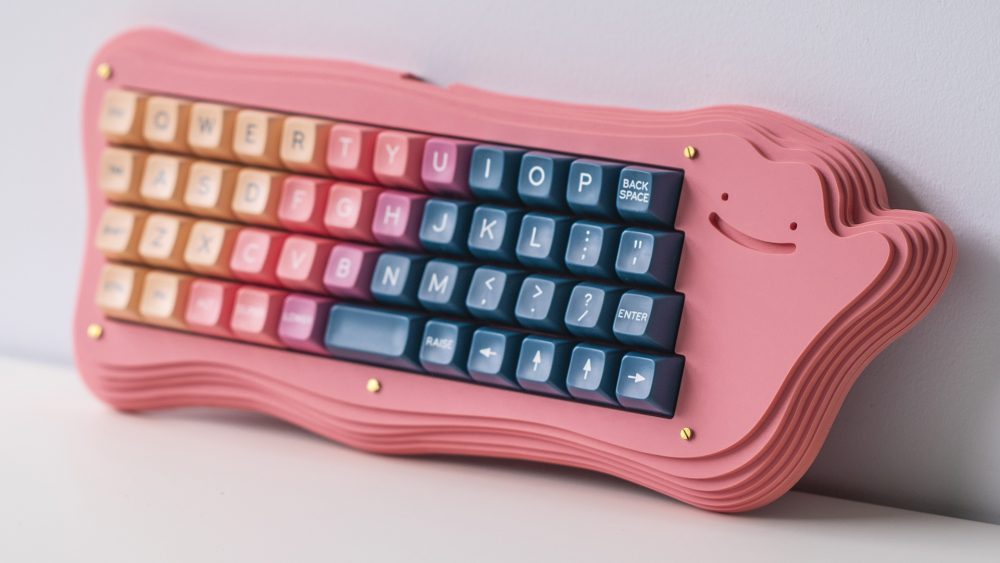
Responsiveness
Mechanical keyboards stand out with their remarkable responsiveness and precision. Crafted to swiftly register keystrokes, they prove exceptionally advantageous for individuals with nimble typing skills or gamers seeking rapid reflexes in their gameplay.
Furthermore, mechanical keyboards typically boast superior key rollover compared to membrane keyboards. This enhanced capability is attributed to the fact that each key on a mechanical keyboard has its own dedicated mechanical switch. This design minimizes the likelihood of missed keystrokes, even when multiple keys are pressed simultaneously, providing more reliable performance compared to standard keyboards.
Resilient and Durable
Engineered for longevity, mechanical keyboards play a crucial role for typists and gamers immersed in extended keyboard sessions. The robustness of mechanical switches is exemplified by their ability to endure millions of keystrokes, elevating their durability significantly beyond that of membrane keyboards.
Aesthetically Pleasing
Frequently distinguished by a superior aesthetic appeal, mechanical keyboards exude a premium look and feel that surpasses that of conventional membrane keyboards. This distinctive quality positions them as a favored choice for individuals who prioritize both style and aesthetics, serving as an impactful addition that elevates the overall visual appeal of a gaming setup.
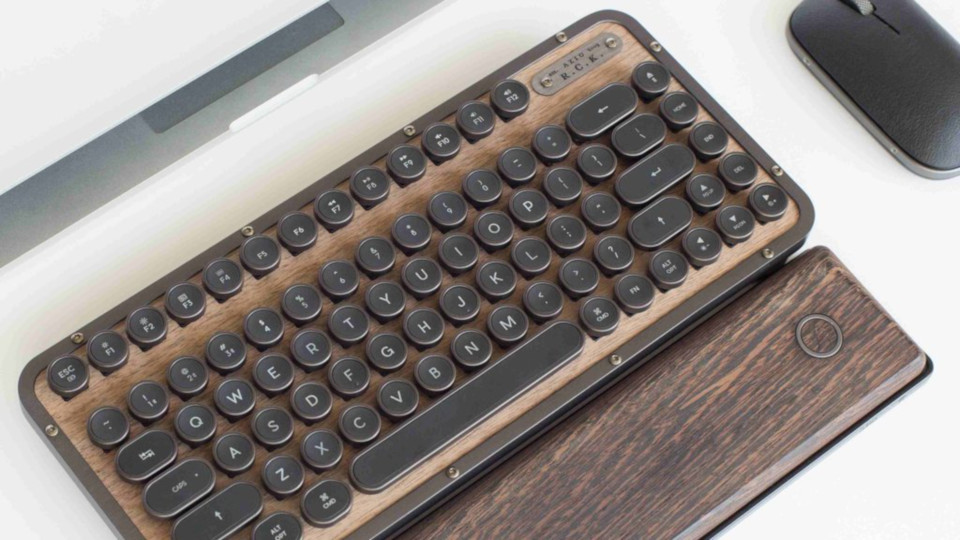
Good User Experience
A multitude of users discover the act of typing on a mechanical keyboard to be not only more gratifying but also exceptionally enjoyable compared to the experience on a membrane keyboard. The keys on a mechanical keyboard produce a gratifying “click” sound coupled with tactile feedback, creating a sensory experience that resonates positively with a significant number of users.
Compatibility
Embracing versatility, mechanical keyboards exhibit compatibility with a diverse array of devices, spanning from PCs and Macs to select gaming consoles. Their adaptability extends across various platforms, ensuring users can seamlessly integrate these keyboards into their preferred computing environments.
Mechanical Keyboard Disadvantages
Several drawbacks may be associated with opting for a mechanical keyboard, including:
Complex
The intricate designs and advanced features found in mechanical keyboards, such as programmable keys and customizable backlighting, may prove to be overwhelming for users who lean towards a more simplistic or minimalist design preference. The wealth of complex functionalities embedded in these keyboards can be a double-edged sword, catering to enthusiasts seeking customization while potentially presenting a challenge for those who appreciate a more straightforward and minimalist approach.
Ergonomics
Certain mechanical keyboards prioritize ergonomic considerations, incorporating features such as a split design or a dedicated wrist rest to alleviate strain on the hands and wrists. This design approach proves particularly beneficial for gamers engaged in extended gaming sessions, offering a thoughtful solution to promote comfort and support during prolonged use.
Size
The larger and weightier nature of mechanical keyboards, compared to their membrane counterparts, can pose inconveniences, especially for individuals requiring frequent keyboard relocation or those dealing with restricted desk space. The bulkier build of mechanical keyboards introduces considerations related to portability and spatial constraints, prompting users to weigh their preferences against the practicalities of their specific use cases.
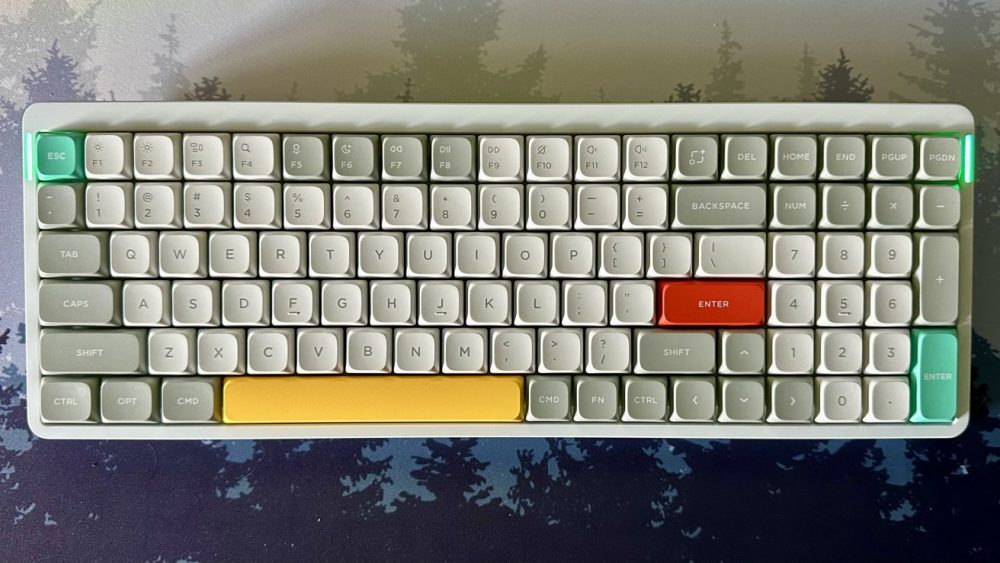
Cost
The price point of mechanical keyboards typically surpasses that of membrane or scissor-switch keyboards, ranging from approximately $200 to $600 per board. This cost variation is influenced by factors such as brand reputation, keyboard size, build quality, and incorporated features. The investment required for a mechanical keyboard reflects the premium placed on its performance and customizable attributes, prompting users to carefully consider their budget and priorities when opting for this higher-end keyboard option.
Noise
The mechanical switches featured on a mechanical keyboard often produce a more audible sound compared to those found on a membrane keyboard. This noise factor may become a consideration, particularly for individuals working in shared workspaces or those who favor a quieter typing environment. The acoustic profile of mechanical keyboards introduces a unique aspect to the typing experience, prompting users to balance their preference for tactile feedback with the need for a noise-conscious working or gaming environment.
Discover the Limitations and Benefits of a Mechanical Keyboard for the Best User Experience
Elevate your typing and gaming experience with the multifaceted advantages of mechanical keyboards, renowned for customization, responsiveness, durability, and aesthetic appeal. Whether you’re a dedicated gamer or a productivity-focused user, the personalized touch and satisfying feedback of mechanical keyboards offer an unmatched user experience. However, consider potential complexities, ergonomic needs, size constraints, costs, and noise factors before making your choice. Explore the diverse world of mechanical keyboards and choose the perfect blend of features that align with your preferences.

